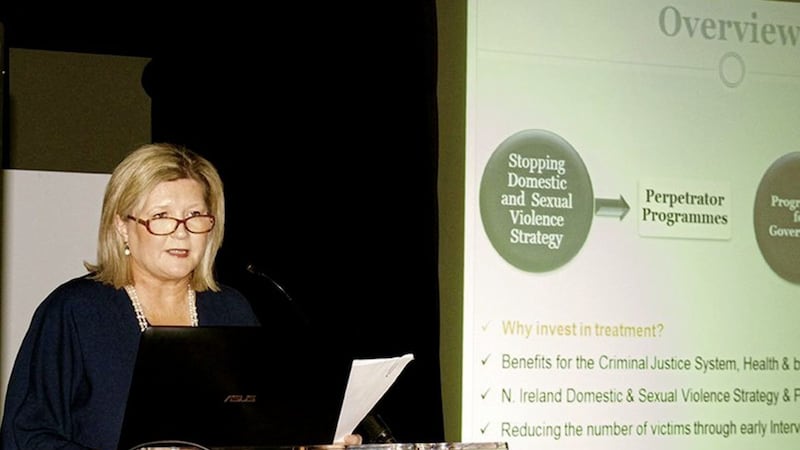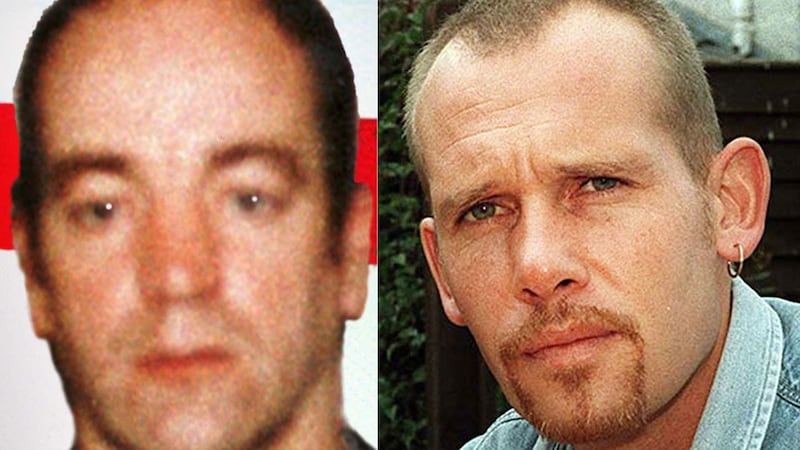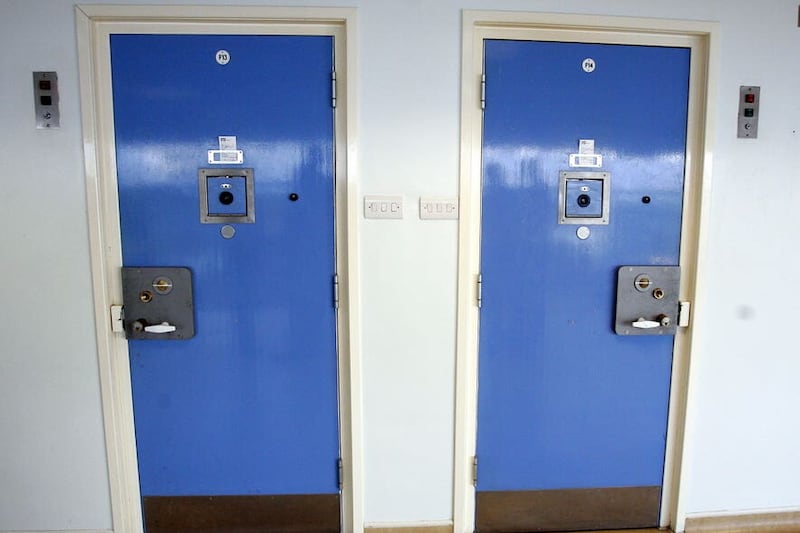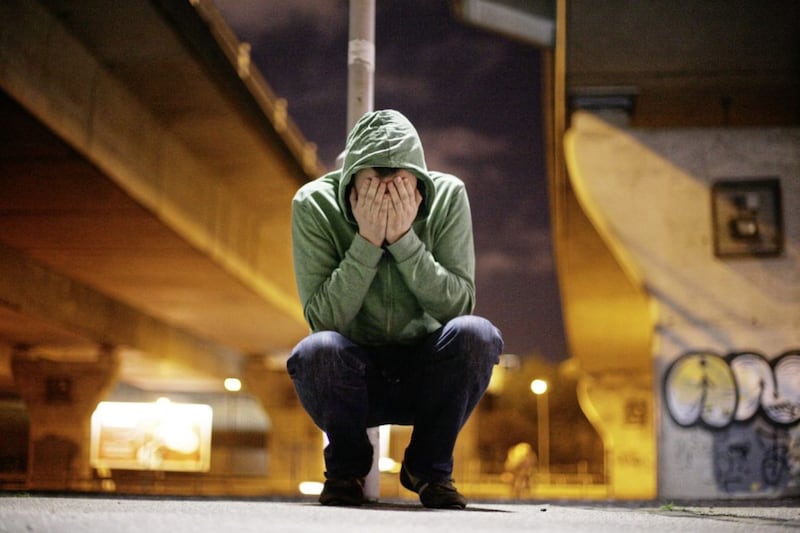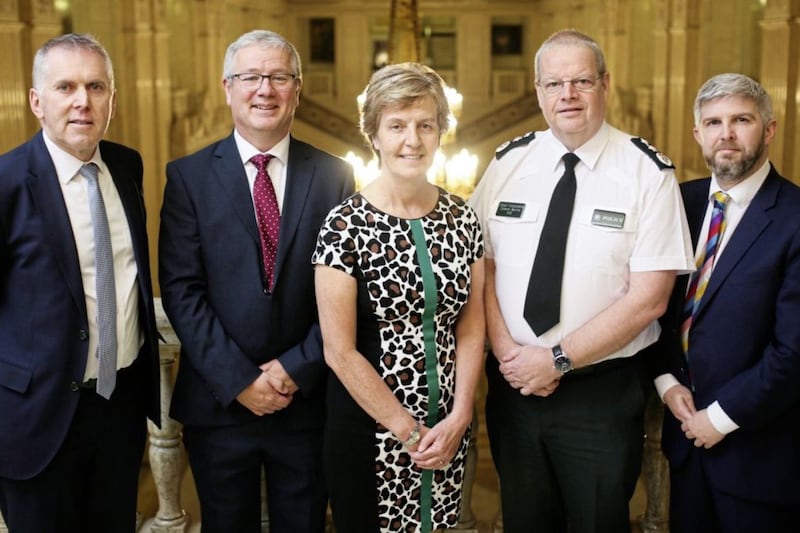A Substance Misuse Court - based on an American system of justice - is currently being trialled at Belfast Magistrate's Court. Security Correspondent Allison Morris takes a look at the specialist court which aims to treat criminals' addictions in order to reduce repeat offending.
===
PROBLEM solving courts - addressing the cause of offending - are controversial, with critics claiming they are a soft option for habitual criminals trying to avoid prison.
However, Dr Geraldine O'Hare of the Probation Board for Northern Ireland says the courts, currently being piloted in Belfast, have proved so successful in America that they are considered to be the best way to break the cycle of offending for those struggling with drug and alcohol addiction.
Read More
Substance Misuse Court unrecognisable to criminal court
Dr O'Hare travelled to America to watch the courts in action before the Substance Misuse Court pilot was introduced in Belfast earlier this year.
In a country known for its hard line criminal justice system, the courts, which have been operating since the 1980s, are believed to deliver a significant saving to the public purse.
"While it's a significant investment initially, in the States they've found every $1 invested in problem solving courts is a $3 saving in terms of prison time and courts," said Dr O'Hare.
"That's saving public money and it gives judges alternatives, it is about addressing the root cause of the criminality," she added.
"It's just really quick justice. We're partnered with Addiction NI, so once someone is referred the team go off (and) do a comprehensive assessment which is delivered to the judge within two weeks.
"We'll look at their needs, risks and motivation, because a lot of people at the outset see it as an alternative to prison which it is but it's not an easy way out, it's not a soft option.
"We'll very quickly pick up if someone is just going through the motions, because ultimately we want them to be on the course for the right reasons," she said.
"They're held to account, they have their own individual plan that they must do, it's drug counselling, alcohol counselling, going for individual therapy, there's social support looking at accommodation and employment, but ultimately it's looking at their addiction because that's what will reduce their risk of reoffending."
Participants in the pilot sign up to a strict treatment plan aimed at tackling their substance misuse, so instead of going to prison they will attend the court regularly for an update on their progress. Those who progress positively can avoid time behind bars.
While those linked to domestic violence and sexual offences are excluded from the pilot, the majority of those currently talking part have records for low-level crimes, usually theft and disorderly behaviour.
Most have addictions, ranging from alcohol, to prescription medication and illegal drugs including cocaine and cannabis, with a growing number of heroin addicts.
As part of the plan, the offender will have regular contact with staff from the Probation Board as well as other health professionals.
They will also have regular and random drug and alcohol tests.
Any risks they pose to the public will be monitored and reported back to the court.
Participants will remain under the supervision of a judge, in this case District Judge Fiona Bagnall, throughout the entire process.
"Research in the States shows 75 per cent of people who finish the drug court programmes will stay out of trouble for at least two years," said Dr O'Hare.
"Parents who go through drug courts are twice as likely to complete the programme because they have an incentive.
"The programme can be up to nine months, so that's long enough and sustained enough for people to change. We are also looking at putting aftercare in place for those who successfully complete the programme.
"This is about changing behaviour, looking at causes and solutions and that can make a real difference, not just for the offender and their family, but for society," she added.
